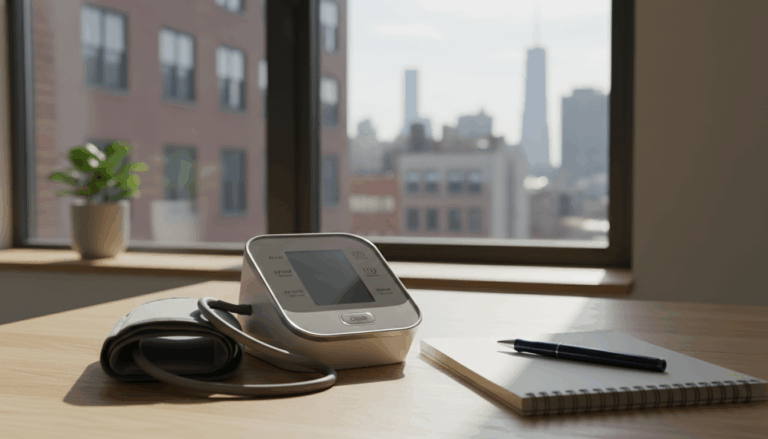Introduction
Pneumonia is a severe respiratory infection that has a significant impact on public health worldwide. It affects millions of people each year, necessitating extensive medical attention and care. While hospital care is often necessary for severe cases, many individuals with pneumonia can benefit from home-based care. This article will delve into the numerous advantages of home-based care for patients battling pneumonia.
Personalized Care
One of the main advantages of home-based care is the personalized attention patients receive. Unlike in a hospital setting where healthcare professionals cater to multiple patients simultaneously, home care professionals can focus solely on the individual’s needs and preferences. This one-on-one care allows for a more detailed and customized treatment approach, tailored specifically to the patient’s illness severity, overall health status, and personal preferences. This level of personalized care can lead to better health outcomes, a more comfortable recovery, and an enhanced patient experience.
Comfort and Convenience
The comfort and convenience of being treated at home cannot be overstated. Home is where people feel most at ease, and this comfort can have a substantial positive impact on recovery. Patients can recuperate in their own bed, use their personal bathroom, and have unrestricted access to their personal belongings. Furthermore, home-based care eliminates the need for regular travel to and from the hospital, which can be particularly taxing for pneumonia patients. All these factors combine to create a more pleasant recovery process, which can, in turn, contribute to a faster return to health.
Reduced Exposure to Other Illnesses
In the context of our increasingly interconnected world, another potential benefit of home-based care is the reduced exposure to other illnesses. Hospitals, by their very nature, are often filled with other sick patients. As such, the risk of catching another infection, particularly for patients with an already compromised immune system such as those with pneumonia, can be high. By opting for home-based care, patients can avoid this additional health risk, providing a safer environment for recovery.
Cost-Effective
In many cases, home-based care can be a more cost-effective solution than hospital care. The overhead costs of a hospital, including bed charges, meals, and other associated costs, can quickly escalate. In contrast, home care services, without these additional costs, can often provide treatment at a significantly lower price. This can be a substantial benefit, particularly for patients without extensive health insurance, making home-based care a more accessible option for many.
Increased Independence
Beyond the physical health benefits, home-based care can also promote independence and improve mental wellbeing among patients. Even while receiving care, patients can continue with some of their regular activities, preserving a sense of normalcy and control. This ability to maintain some level of usual routine can contribute to a positive mental state, which is an essential element of overall wellness. Moreover, the presence of family and loved ones can provide emotional support, which can further enhance the recovery process.
Conclusion
Home-based care presents a compelling alternative for the management of pneumonia. It provides personalized care, comfort, reduced exposure to other illnesses, cost-effectiveness, and promotes patient independence. While it’s not suitable or feasible for everyone, many patients could significantly benefit from receiving care in the comfort of their own homes. However, it’s essential to have a thorough discussion with healthcare professionals to decide on the most appropriate course of treatment considering the individual’s specific circumstances.

